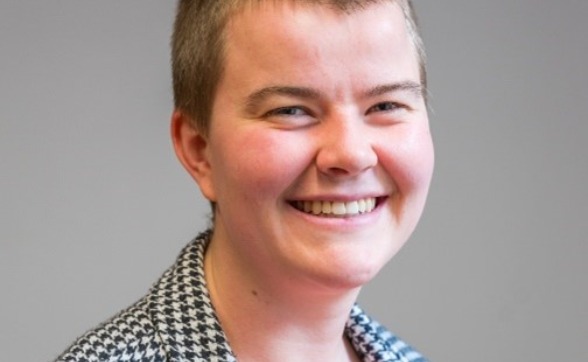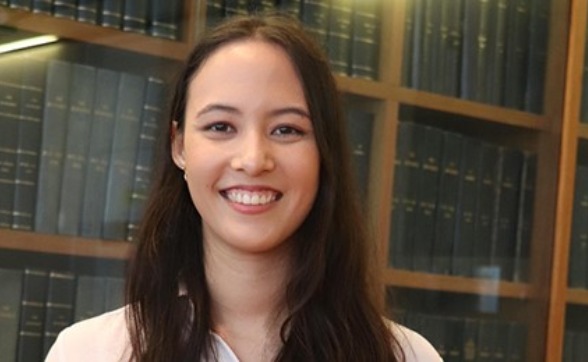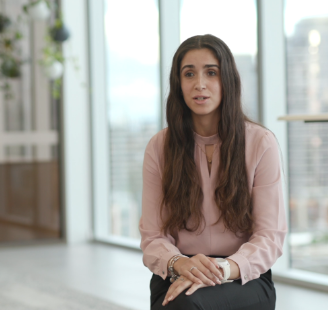Undergraduate
Bachelor of Economics
Gain the powerful skills in economic reasoning and analysis required to understand and change the world.
The learning experience
The state-of-the-art Business School includes lecture theatres, case study rooms and break-out areas for group work and individual study. You'll also have access to the Common Learning Area and Business School cafe.
Study zones
Study zones
UWA Business School
Work with 30+ industry partners
Clubs and societies
We have a host of clubs and societies you can join to take part in activities you already enjoy or get involved in something new.
Clubs and societies
Bloomberg terminals
The UWA Business School offers access to Bloomberg terminals – software that allows students to use the Bloomberg Professional service whereby students can monitor and analyse real-time financial market data. The computer system is used by students in Accounting and Finance.
Fees and scholarships
Domestic Student Fees
For Commonwealth-supported places, student contribution amounts are charged by unit, based on area of study. For a fee estimate, go to the Fee Calculator and select “I want to price my units”. Fees are subject to annual indexation. Refer to the Handbook to identify the units required. More information on how fees are calculated.
Scholarships
Scholarships are available to students from a diverse range of backgrounds, including academic achievement, financial need, educational disadvantage, leadership and community service, artistic or sporting achievements, and being from a rural or remote area.
International Student Fees
Onshore international students are charged an annual course fee, charged per credit point at a rate dependent on the course in which the student is enrolled. Annual course fees are calculated based on an annual study load. Check the handbook to confirm the annual study load for your course.
Find out more about international student tuition fees and visit the fee calculator for the relevant course fees.
Fees are subject to annual indexation.
Scholarships
Scholarships are available to students from a diverse range of backgrounds, including academic achievement, financial need, educational disadvantage, leadership and community service, artistic or sporting achievements, and being from a rural or remote area.
Careers and further study
Career opportunities
- Professional economist
- Economic consultant
- Economic analyst
- Policy adviser
Entry requirements
Admission requirements
To be considered for this course you need to:
- achieve an ATAR of 85
- demonstrate English language competence
- satisfy any prerequisites for your preferred majors (refer to individual major descriptions for prerequisite details)
You can view the prerequisites and recommended subjects for your chosen course here.
View our admission requirements for specific information, depending on your education history.
Admission entry to UWA
We offer a number of other pathways for you to gain entry into our undergraduate degrees if you do not meet the standard admission requirements. Learn more about our admission entry pathways.
About the Bachelor of Economics
Economists are experts in understanding how individuals, firms and governments make choices and the consequences of those choices for all constituents of society, both today and in the future.
Why study economics
- You'll study alongside the best students in the state and beyond
- You'll learn from internationally renowned specialists across diverse areas of research
- Our economics graduates are highly regarded among key employers including the Reserve Bank of Australia, the Productivity Commission and the Treasury
Quick Details
- 2
- 85
- 3 years
- February and July
- 107721M
Career pathways
Why we need more women in economics and finance

If you’re a female considering a career in economics or finance, you could be pursuing more than your dream career. Here’s just a few reasons why.
Further study
Course structure
You can choose to study one of two majors within the Bachelor of Economics:
You'll learn to
- employ the framework of micro- and macroeconomics to rationally analyse general economic problems and arrive at analytically sound conclusions
- interpret an undertake quantitative economics research
- identify and critically reflect on landmark events in Australia's economic history and in the rise of the global economy
- undertake specific economic research that critically evaluates theoretical and/or applied issues in the area of economics
- communicate the results of economic research to fellow economists as well as to a range of potential stakeholders, including other business professionals , policymakers in government and the public at large
- demonstrate an awareness of, and sensitivity to, the personal, social, ethnic and/or international backgrounds of other team members as well as stakeholders
Top 10 in Australia
Put theory into practice
Current UWA students are eligible to take one of our professional experience units. These units bridge the gap between university and the workplace by providing opportunities to gain hands-on, practical experience. You can master new skills, make connections and network, get a taste of the opportunities in the workforce and add experience to your resume, all before graduating.
Find out more about Work Integrated Learning.

Accreditation



The UWA Business School is accredited by EQUIS and the Association to Advance Collegiate Schools of Business (AACSB), and is a Communicating Signatory to Principles for Responsible Management Education (PRME).
EQUIS and AACSB are the leading business school accreditations in Europe and North America respectively, meaning that your business degree will be recognised by employers around the world.
Bachelor of Economics (Honours)
Economists, financial analysts, statisticians, management consultants, policy analysts, or investment advisors. Make yourself a top candidate for the best jobs in the government and the private sector with a Bachelor of Economics (Honours) degree. You'll receive extensive training in theoretical modelling, applied econometric and program evaluation techniques, mastery of data analysis software, and will produce an independent research thesis - skills and achievements highly attractive to employers engaged in data-driven activities.
For more information about the Bachelor of Economics (Honours), including admission requirements please access our Handbook webpage. Please note, there is only one intake per year and applications are due in the December of the preceding year. You'll find further information about how to apply for honours and application dates on our How to Apply webpage.
If you have any specific enquiries please contact Professor Alison Preston.








